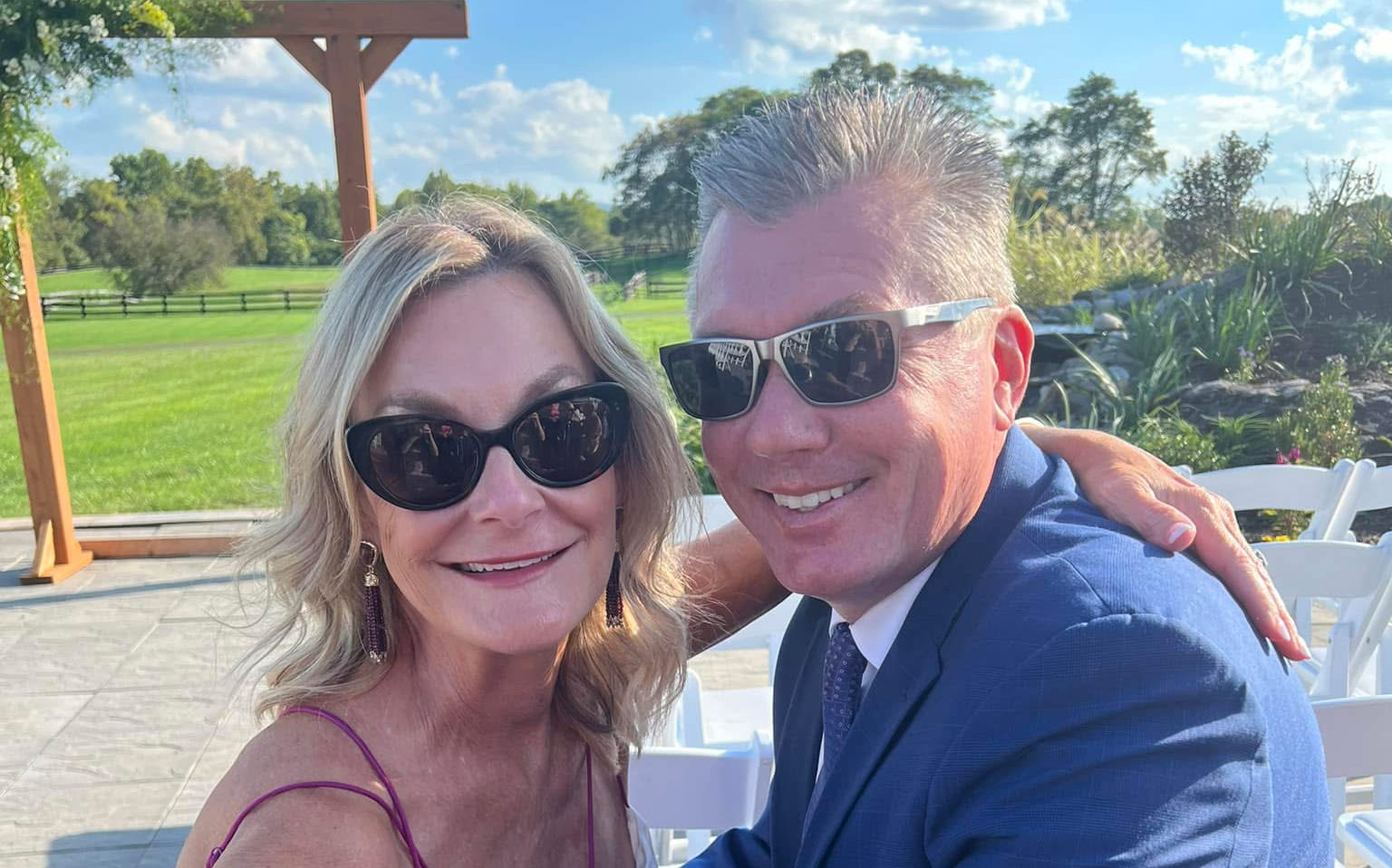
4 minute read
Alumni Profile: Scott Townshend
Venturing into entrepreneurship requires many things, but above all, you can argue, it takes heart.
More than 25 years ago, Scot Townshend ’90 built a company that improved the way hospitals and laboratories match people in need of an organ transplant with donors. It’s difficult to get the humble Townshend to say his company has saved lives, but there is no denying its impact on countless individuals and their families.
It all began with a conversation Townshend had with his mother. She had just left her supervisor position at the University of Florida transplant lab, and she casually mentioned the lab used index cards and paper to keep track of data.
At the time, Townshend was running a software consulting business near his home in Washington, D.C., and looking to create a tangible product he could sell.
“As an entrepreneur, you always have your eyes open for an opportunity,” Townshend said. “I was like, Ding! That’s a business idea.”
Townshend met with the doctor and head of the laboratory, pitching his idea for software that could better track transplant data. “He said this could be very interesting for our field,” Townshend recalled. Soon thereafter, he built a prototype and made his first sale.
The university lab was his first customer. His second was Washington Hospital Center in D.C.
“I hired my mom out of retirement to be my lead salesperson,” Townshend said with a smile. He kept his software consulting company until his new company, SystemLink, Inc., generated sustainable revenue, but that didn’t take long.
SystemLink’s HistoTrac software became an international success, providing transplant information systems for patient management, data analysis and archiving, reporting and connectivity between donors and individuals in need of an organ. “When a donor becomes available, the software helps determine if a donor is compatible with individuals on wait lists. We also do bone marrow transplants.”
Nearly 90% of laboratories in the U.S. and Canada used Townshend’s software, he said, and he slowly expanded his business into parts of Europe and New Zealand. To continue growing and expanding into international markets, Townshend needed to build a distribution network. It would, however, be a time-consuming, laborintensive task.
Townshend soon found a buyer that already had a distribution channel, Thermo Fisher Scientific, and sold his company. He had worked two years for Thermo Fisher when he received heart-wrenching news. His 28-year-old daughter, Brooke, was diagnosed with breast cancer.
“So, I went into early retirement,” Townshend explained. “I couldn’t continue to work. I wanted to support her and give her all the time I could.
“But she’s fine now,” he assured. “She’s married and living in San Diego.”
Townshend remains retired, sort of. “I am, but I’m not,” he said, smiling. “I’m going to get back into business.”
For now, Townshend is helping Radford students who aspire to follow his entrepreneurial journey. Townshend, the son of a pharmacist who ran his own drugstore, serves on the advisory board for the Artis College of Science and Technology, and he periodically returns to campus to volunteer and speak to students. Townshend also works with his connections in Northern Virginia to secure internships for Radford students and possibly drive more students from the area to the university.
“I got really lucky at Radford,” said Townshend, who came to Radford with his best friend, John Hott ’89, studied business and computers – “those were the days of floppy disks and WordPerfect,” he said – pledged with Phi Kappa Sigma and met the love of his life, Bonnie Blunk ’89.
“Radford was a sweet spot for me, and it was a great place to learn and grow,” Townshend said. “I loved how it offered me those opportunities, and I want to help the university continue to offer these opportunities to students.”










